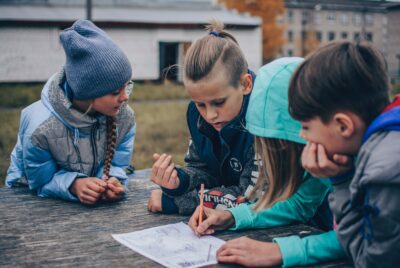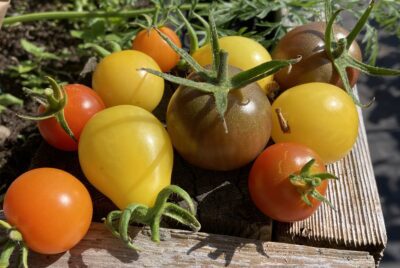RESEARCH
Effectiveness of Horticultural Therapy: A Systematic Review of Randomized Controlled Trials
Summary
This systematic review aimed to evaluate the evidence from randomized controlled trials (RCTs) on the effects of horticultural therapy (HT). Researchers searched databases for studies from 1990 to August 20, 2013. Studies were included if the trial included at least one treatment group where HT was applied. The review focused on cure and rehabilitation effects following the International Classification of Diseases-10 (ICD-10). Data extraction and quality assessment were performed independently by multiple review authors. Out of the initial search results, only four studies met all inclusion criteria. These studies, published in English and Korean, targeted dementia, severe mental illness (schizophrenia, bipolar disorder, major depression), frail elderly in nursing homes, and hemiplegic patients after stroke. The included studies showed significant effectiveness in one or more outcomes for mental health and behaviour. The review concluded that HT may be an effective treatment for mental and behavioural disorders such as dementia, schizophrenia, depression, and terminal care for cancer







